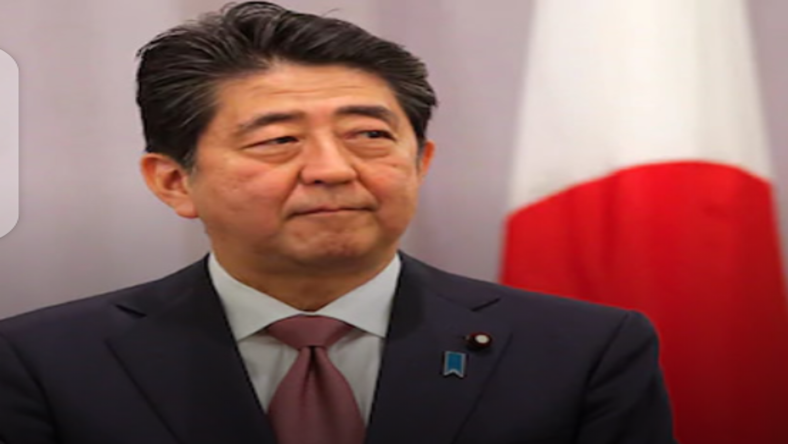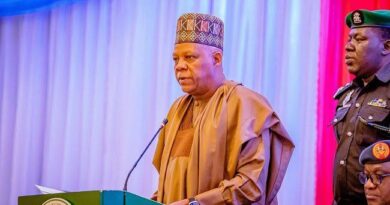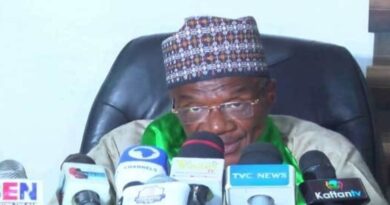Japanese PM Abe resigns over health Challenges
Japan’s Prime Minister Shinzo Abe, the longest-serving Japanese prime minister in history, has resigned, citing health reasons in a development that kicks off a leadership contest in the world’s third-largest economy.
“I have decided to step down from the post of the prime minister,” he told a press conference, saying he was suffering from a recurrence of the ulcerative colitis that ended his first term in office.
Abe suffers from colitis, a non-curable inflammatory bowel disease, which was also a factor in his sudden resignation as prime minister in 2007, ending his first term after just over a year in office. On Monday morning, Abe visited Keio University Hospital in Tokyo for what was his second hospital visit in a week.
Abe said he was receiving a new treatment for the condition, which needed to be administered on a regular basis which would not leave him with sufficient time to discharge his duties.
“Now that I am not able to fulfil the mandate from the people with confidence, I have decided that I should no longer occupy the position of the prime minister.”
Although Abe is expected to stay in office until his ruling Liberal Democratic Party can choose a successor in an election likely to take place among the party’s lawmakers and members.There is no clear consensus on who will succeed him, with likely candidates including Finance Minister Taro Aso and chief cabinet secretary Yoshihide Suga.
Abe, who stepped down as prime minister just one year into his first term, in 2007, offered his apologies for the second resignation.
“I would like to sincerely apologise to the people of Japan for leaving my post with one year left in my term of office, and amid the coronavirus woes, while various policies are still in the process of being implemented,” Abe said, bowing deeply.
The resignation which has attracted popular opinion in no time has brought Abe to limelight more, with a good number of persons describing him as a good leader.
“For almost eight years I controlled my chronic disease, however, this year in June I had a regular check-up and there was a sign of the disease,” he added. “I made a judgment that I should not continue my job as prime minister” said Abe. “I need to fight the disease and need to be treated.
Well wishers on their part are wishing the prime minister a quick recovery while praying for him
Following his previous resignation in 2007, Abe was reelected in 2012. Since then he has been the dominant force in Japanese politics, winning a landslide third term in 2017 and a fourth in 2019, despite multiple scandals and plummeting popularity.
Markets reacted negatively to the announcement. Japan’s benchmark Nikkei index closed down 1.4% Friday after the news broke. It initially tumbled more than 2% before paring losses. The Japanese yen, a traditional safe currency haven, rose 0.3% against the US dollar.
Under Abe, his right-leaning Liberal Democratic Party (LDP) has also seen major success, benefiting from the fracturing of its long-term rival Democratic Party, which split in two in 2017. Abe leaves the LDP in control of both houses of parliament, with a large majority in the lower House of Representatives. Abe said he will remain in office until a successor is chosen.
As the world joins to pray for Abe’s recovery, what’s your thought on his resignation?




